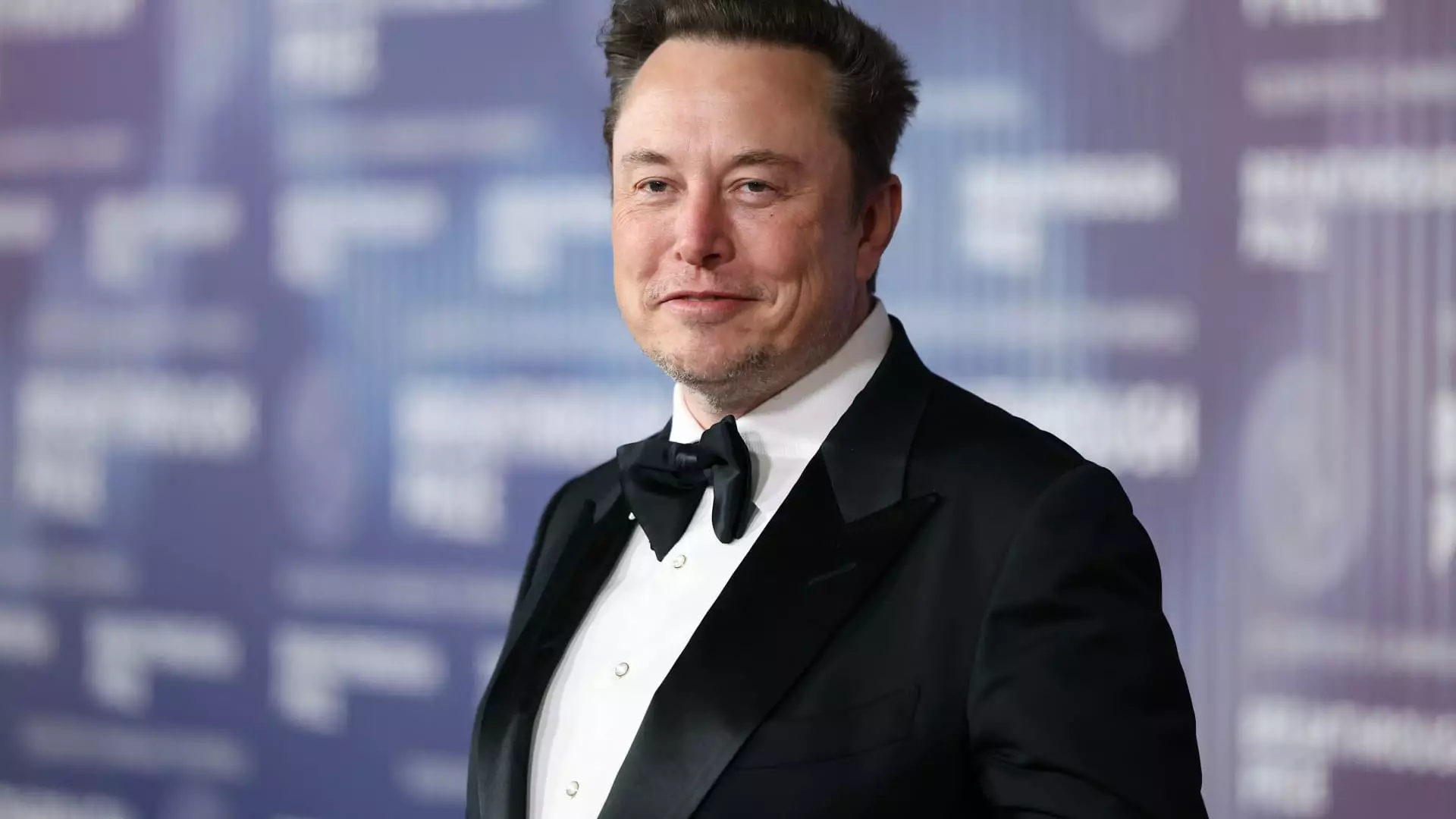In a recent statement on X, business magnate Elon Musk has voiced his support for the nomination of Howard Lutnick for the role of Treasury Secretary in President-elect Donald Trump’s upcoming administration. By selecting Lutnick, the CEO and chairman of Cantor Fitzgerald, Musk suggests a preference for a leader who can bring about tangible transformation to a department critical for the nation’s financial health. This endorsement signals Musk’s broader desire for a departure from traditional approaches, underscoring the significance of innovative leadership during turbulent economic times.
The Contenders for the Treasury Position
Musk’s recommendation places Lutnick alongside Scott Bessent, the founder and CEO of Key Square Group, as the frontrunners for this influential cabinet role. Musk’s remarks indicate a stark contrast between the two candidates. While he champions Lutnick as a change-maker, he regards Bessent as emblematic of a stale, “business-as-usual” mentality. In a time when the American economy faces numerous challenges—from rising debt to inflation—such a perspective raises critical questions about the efficacy of conventional economic strategies.
In his post, Musk encouraged a broad dialogue surrounding the Treasury Secretary choice, urging others to share their thoughts with Trump. This appeal for collective discourse is particularly noteworthy, reflecting an acknowledgment that the best decisions often stem from diverse viewpoints. By inviting public opinion into the political fold, Musk emphasizes the importance of transparency and engagement in governance, particularly in an era where public trust in financial institutions is waning.
Despite Musk’s enthusiastic endorsements, official word from the Trump transition team indicates that no final decisions on the Treasury Secretary position have been made. Transition spokesperson Karoline Leavitt affirmed that Trump’s focus remains on assembling his second administration and that announcements regarding cabinet appointments will come in due course. This ambiguity leaves room for speculation about the administration’s economic strategy and the types of leaders it seeks to employ as the U.S. navigates its fiscal future.
Background Ties and Recommendations
Both Lutnick and Bessent possess strong connections to Donald Trump, reinforcing their qualifications through personal and professional alliances. Lutnick’s longstanding relationship with Trump, which includes hosting fundraisers, showcases a network that may afford him significant influence among political elites. Meanwhile, Bessent’s role as an economic advisor during the campaign cements his standing as a serious contender. Support from figures like Republican Senator Lindsey Graham further bolsters Bessent’s credentials, but Musk’s critique of his “business-as-usual” stance may pose potential obstacles for his ascension.
Musk’s involvement in the dialogue surrounding the Treasury Secretary nomination spotlights the broader conversation on the need for transformative leadership in government. His endorsements, alongside his call for open discussions, suggest that many stakeholders are yearning for new approaches to economic governance. As the financial landscape continues to evolve, the nomination of a Treasury Secretary who can usher in real change remains paramount, highlighting the critical nature of this decision for the incoming administration.

